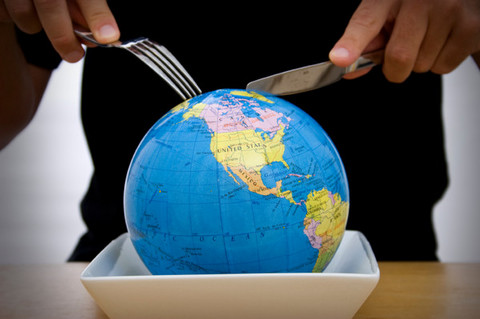By Erin Richards-Kunkel.
Each year, the number of people who do not have adequate food increases to staggering levels. In 2020, nearly 10% of everyone on Earth – an estimated 768 million people – were undernourished.
Given the enormity of food insecurity, we believe that no single entity will successfully solve the problem. It is imperative that organizations from different sectors– governments, nonprofit organizations, businesses and others – work together in collaborative partnerships to make meaningful impacts.
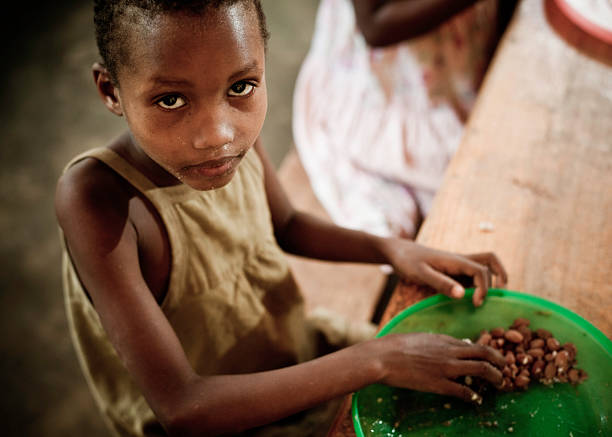
As a global nutrition company, we are committed to nourishing people and tackling the global challenges of hunger, food insecurity, and malnutrition. To meet the growing need for food security, our company’s global initiative, Nutrition for Zero Hunger (NFZH), is aligned with the United Nations Sustainable Development Goal 2- Zero Hunger, which aims to end hunger in all its forms by 2030. Our initiative is featured in our inaugural Global Responsibility Report: Nourishing People and Planet, which shares our global responsibility strategy, core focuses, programs, stakeholders, progress, and partnerships with global, regional and local nonprofit organizations.
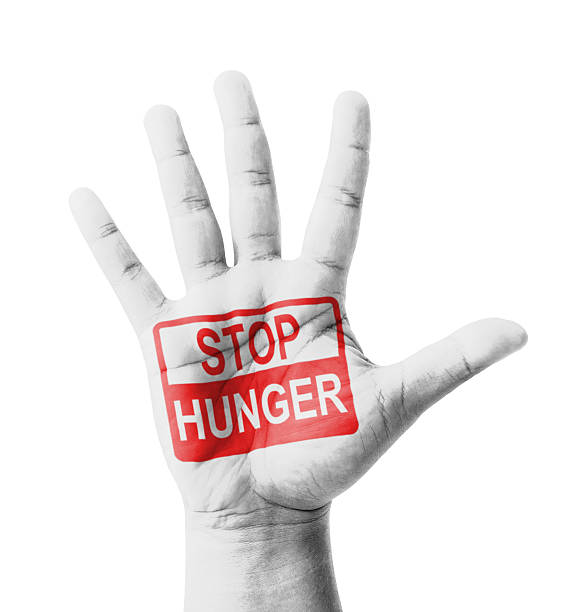
Being responsible for these strategic partnerships with hunger relief organizations, and others that benefit an array of different communities and cultures, I have learned that the best partnerships require a clear vision, a commitment to collaboration and shared and measurable goals to maximize impact.
Ask what you can do for them
With the best intentions, many companies begin work with a nonprofit without asking the most crucial question: “what makes a good corporate partnership?” Starting a relationship by understanding what an organization needs is critical to shared success. We look to our partners as experts on the ground to understand the specific needs of their communities. With nutrition as our north star, we work with them to collaborate on opportunities to leverage our nutritional expertise and supply them with products, insight from registered dietitians and critical resources as part of our commitment to doing our part to end world hunger.

When you identify a potential partner, ask them about the programs they have conducted and what did and didn’t work? Or what gaps do they experience that you may be able to fill? Learn the resource gaps they are facing or what unique assets you can bring to their team. We have partnered with incredible organizations with intelligent, capable teams and highly engaged Boards who are eager for us to engage in their programs by offering additional nutritional insights and resources. Together with the Herbalife Nutrition Foundation (HNF),* the NFZH initiative has grown to meet the increased hunger needs that our partners, including the World Food Program, Feed the Children and The Hunger Project, and others are trying to solve.
Our partnership with Feed the Children has evolved significantly to support their U.S. and global programs, including in Central America, Africa and the Philippines. In the U.S., we provide them with nutritional tools and resources in the form of educational materials and regular in-kind donations of our nutrition products that support communities in need.
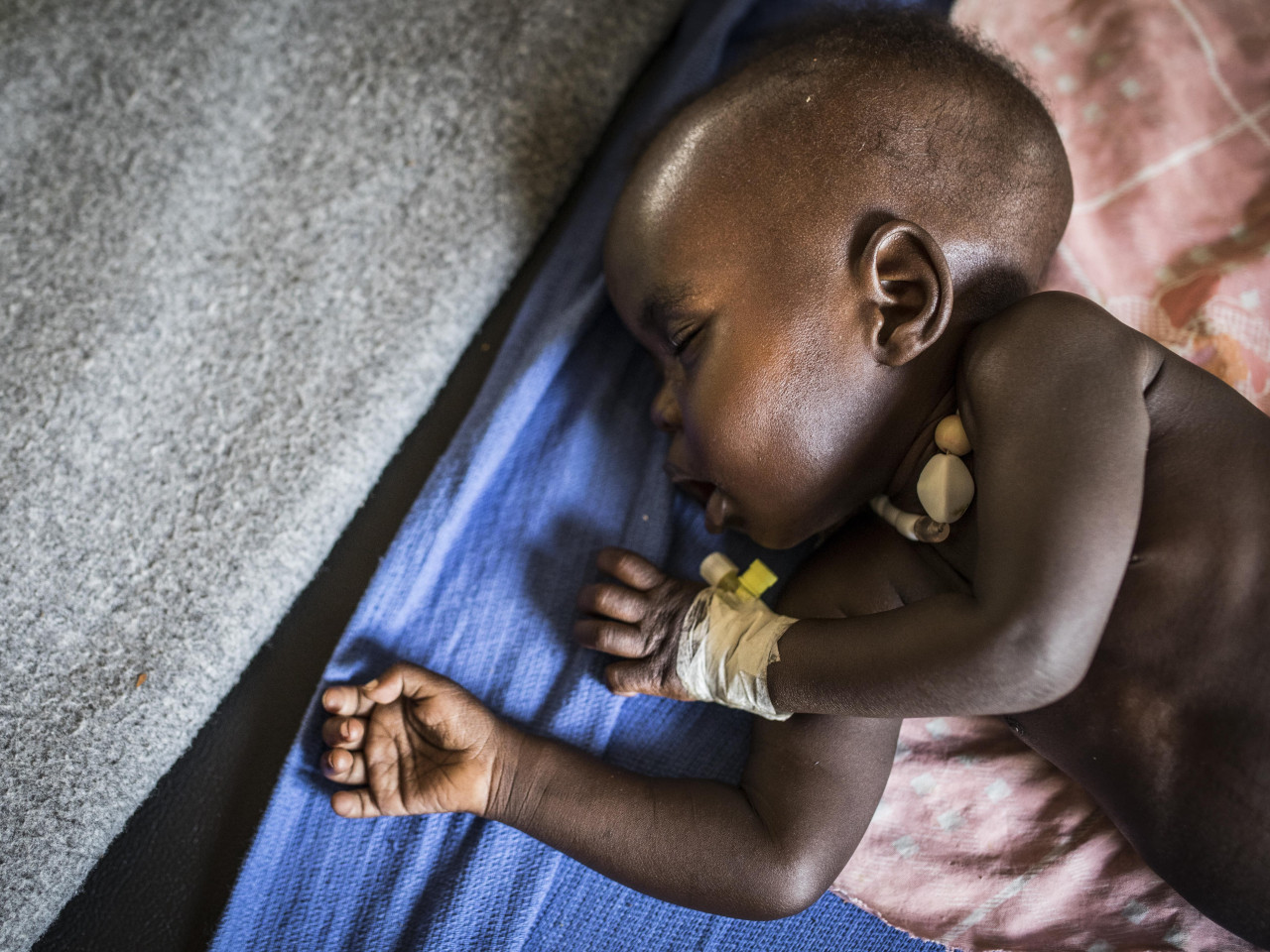
Leverage Mutual Strengths
There are many different drivers of hunger, food insecurity, malnutrition, and challenges that vary significantly based on socio-political, geographical, and cultural needs. We leverage the strengths of our 10,000 employees worldwide to share our science-backed products and nutritional knowledge to support and build thriving, vibrant communities. Our Company operates in 95 markets, providing not only “boots on the ground” but a keen understanding and sensitivity to the nutritional needs of people facing food insecurity, especially in the most underserved communities in the world.
There’s no one-size-fits-all approach to addressing hunger issues, particularly in different groups or even areas of the world. We’re now two years into the NFZH program and, together with HNF, we’ve partnered with nine leading organizations that prioritize hunger and/or advancing economic empowerment that benefit all different communities. Together, we have been able to identify ways to meet the needs of their beneficiaries, including some ways one wouldn’t think of right away. For example, nutritional access can also be hindered by language. In many minority communities, valuable information isn’t dispersed properly because resources might not exist in a particular language. This year, we worked with Feed the Children to provide healthy recipe cards for minority groups who otherwise may not have access to nutritional information. These translated materials, guided by the expertise of our registered dietitians, are something we look forward to expanding across our other partnerships, so that beneficiaries may understand what nutrients come from certain foods, and be able to prepare nutritious meals for their families with low-cost, accessible ingredients.

Use milestones to dig in deeper
One of the ways we wanted to raise the bar for ourselves was to release our first Global Responsibility Report to benchmark our success on our mission to nourish people and the planet. To bring an even greater focus to this mission, we’ve committed to create 50 million positive results by 2030, our 50th anniversary. This pledge intends to foster tangible acts of good in the communities where we live and work. Whether through a meal donated to someone in need, a volunteer day, a pound of plastic removed from the waste stream, or a beneficiary of a community outreach program, we will achieve these positive impacts through our combined Global Responsibility programs and partnerships worldwide and additional donations made by HNF. In 2020, together with HNF, we achieved more than 3.8 million positive impacts and will continue to share our progress with our stakeholders that hold us accountable.
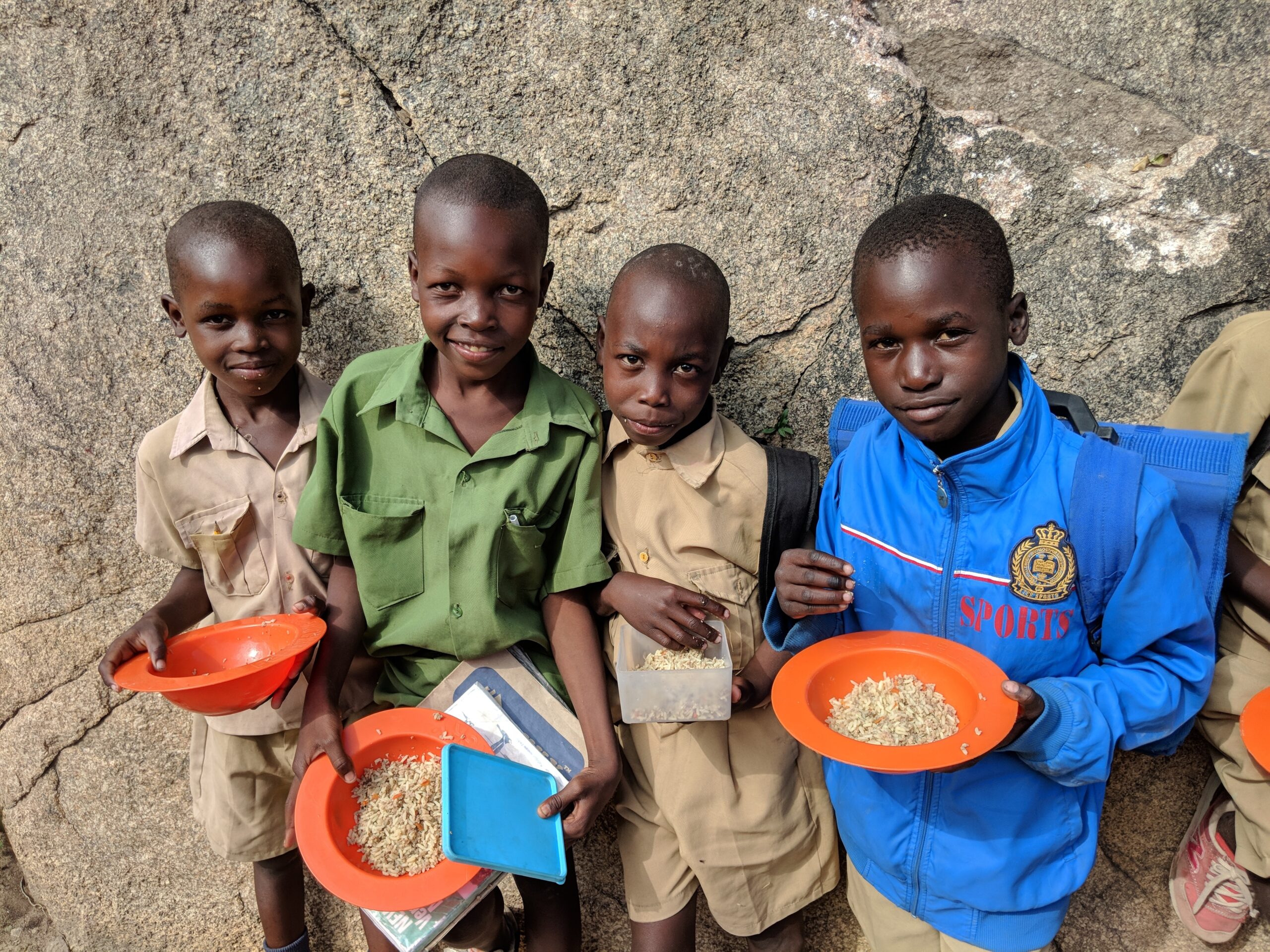
How do you measure impact?
A positive impact means to affect or influence in a beneficial way. Measurable results require hard work, perseverance, and an unwavering commitment. A positive impact is a tangible action or result which positively contributes to a company’s goals or areas of focus, and, in the case of our Global Responsibility Report, include specific key performance of actions, results and evidence that include the following indicators:
- Results that are tangible – providing physical evidence that our or HNF’s contribution provides beneficial contribution to target communities
- Results that are measurable – can be quantified and verified through data and confirmed by a third party where applicable
- Results that provide beneficial contribution to a specific goal identified within our Global Responsibility core pillars and foundational areas
Positive impacts serve as one set of benchmarks to measure the progress of our key programs and pillars which nourish people, communities, and planet.
Nonprofit partners of NFZH collectively support more than 164 million people in more than 80 countries. Together with our trusted partners, the Company and HNF have made the following impacts from 2019-2020:
- Provided more than 1 million nutritious meals to children and families through donations and supplementation
- Donated 800,000+ servings of nutrition products
- Reached more than 87,000 beneficiaries through nutrition education and dietary supplementation programs
From eradicating hunger through our Nutrition for Zero Hunger initiative to mentoring entrepreneurs, to supporting our planet, we’re raising the bar for ourselves so that millions more can raise the bar for themselves.
Immense potential lies ahead, and we believe nourishing people and our planet through meaningful partnerships today can unlock opportunities that unleash greater possibilities for tomorrow.
*The Herbalife Nutrition Foundation (HNF) is a public charity, not a subsidiary or affiliate of Herbalife Nutrition. HNF chooses to join Herbalife Nutrition in some charitable initiatives. See detail on HNF donation information in the Appendix to the 2020 Global Responsibility Report.
About Erin Richards-Kunkel
Erin Richards-Kunkel is the senior director of Strategic Partnerships and Corporate Social Responsibility at Herbalife Nutrition. She is responsible for developing and leading the company’s Global Responsibility strategy, as well as the application and partnerships including strategic communications and content development to increase stakeholder engagement.

